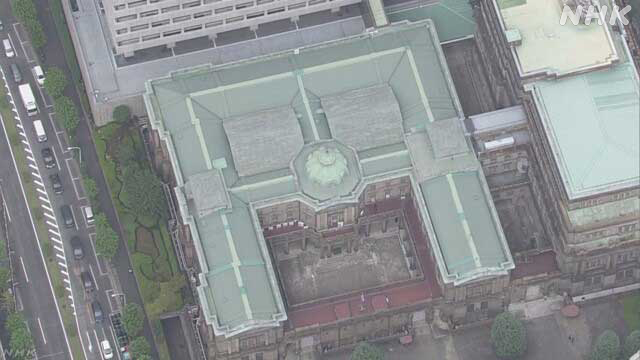At the meeting in the middle of this month when the Bank of Japan "inspected" monetary easing measures, the committee members looked at the prolongation of monetary easing and took note of side effects such as worsening profits of financial institutions, and implemented the current large-scale easing measures. It turned out that there were a series of opinions that it should be continued.
At the monetary policy decision meeting held until 19th of this month, the Bank of Japan announced the results of "inspections" to implement more effective and sustainable monetary easing, and made ETFs = flexible purchases of exchange-traded funds. , Made policy revisions.
The "main opinions" of the policymakers who participated in this meeting were announced on the 29th, and the committee members said, "I hope that this policy framework will serve as a basic guideline for monetary easing policy in the next few years." There were a number of opinions that it was necessary to continue large-scale mitigation measures over the long term.
On the other hand, one committee member pointed out that while the profits of financial institutions deteriorated due to the prolonged easing, "it is necessary to thoroughly evaluate the side effects on the financial system that accumulate over time." ..
In addition, while the target price increase rate of 2% cannot be foreseen, "we should support corporate transformation that leads to improvement of growth expectations and inflation expectations of companies and households, and strengthening of financial functions that support them." There was also an opinion that.
The BOJ continues to face difficult steering as the new coronavirus puts downward pressure on the economy and prices and is expected to prolong monetary easing measures.

